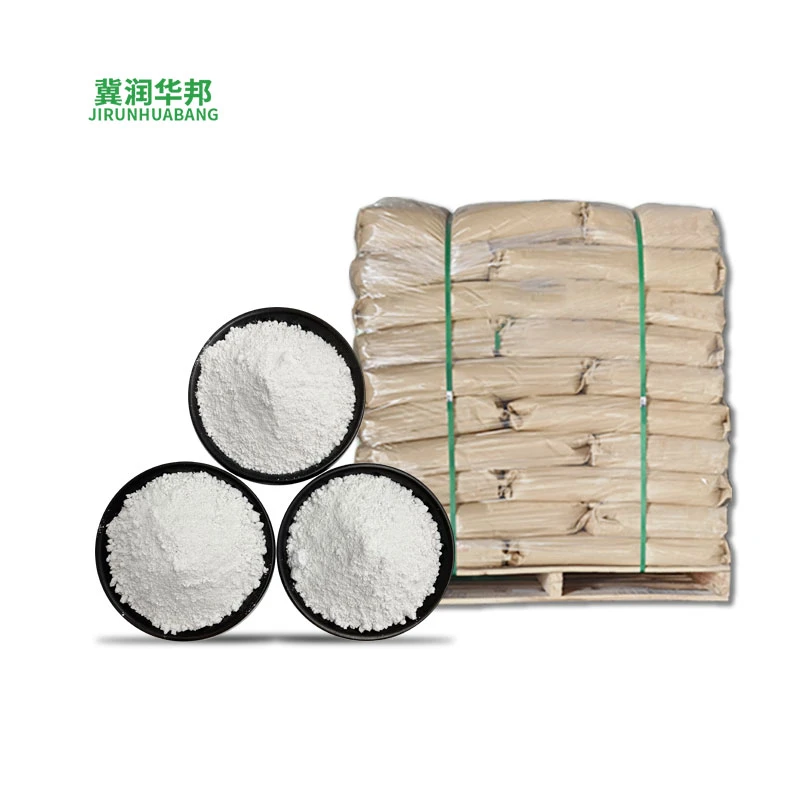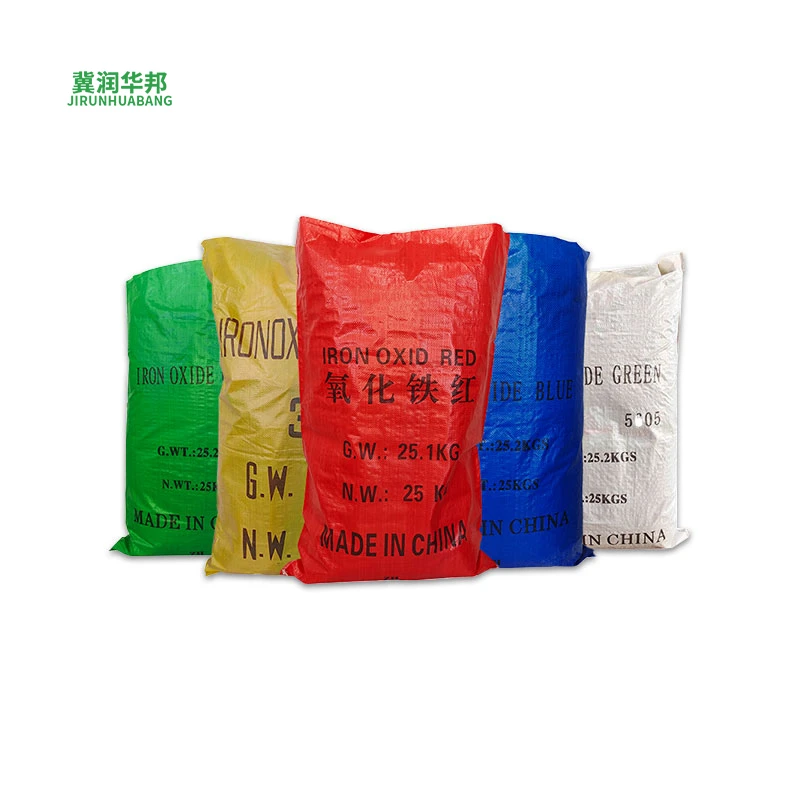Runhuabang Modified 5000 mesh active kaolin anhydrous aluminum silicate wire and cable electrophoresis paint spot
Back to list
Feb . 01, 2025 05:43
Zeolites The Unsung Heroes of Modern Industry
Another rapidly expanding application is in gas separation technologies. Zeolites are key components in separating nitrogen from oxygen in air purification systems. This capability is being tapped increasingly in medical oxygen concentrators, a timely advancement given the rising demand seen during global health crises. Environmental protection agencies also view zeolites favorably for their role in pollution control. They effectively trap heavy metals and radioactive materials, enabling safer disposal processes while contributing to cleaner environments. At wastewater treatment facilities, zeolites are deployed to remove ammonium ions, a testament to their broad-spectrum utility. Furthermore, their dehydrating prowess is unrivaled. Acting as effective desiccants, zeolites are used to safeguard a plethora of products—from pharmaceuticals to foodstuffs—against moisture-induced decay, ensuring longevity and quality. But the true testament to the relevance of zeolites in contemporary applications is their integration into sustainable energy solutions. In solar energy, zeolites are paving the way for thermal energy storage systems, capturing solar heat during the day and releasing it at night. This innovation not only promises increased efficiency for solar panels but propels the zeolite market towards a more sustainable future, resonating deeply with global environmental goals. Despite their wide-ranging applications, zeolites maintain a low profile primarily due to their function as a 'behind-the-scenes' enhancer rather than a standalone solution. This, however, does not negate the need for expertise in selecting the right type of zeolite for a specific application. Among the dozens of known natural and synthetic types, each zeolite presents distinct properties suitable for different uses. Here, expertise and experience converge, as specialists guide industries to optimal solutions, ensuring scaffolding the integrity and quality of their products. Zeolites may not be household names, yet their pervasive utility across diverse industries underscores a profound expertise within their application. Whether in refining, agriculture, environmental management, or innovative technology fields, zeolites are unlocking endless possibilities in product development. Indeed, for enterprises seeking to innovate while committing to eco-conscious practices, deciphering the potential of zeolites is not just advantageous—it's essential.


Another rapidly expanding application is in gas separation technologies. Zeolites are key components in separating nitrogen from oxygen in air purification systems. This capability is being tapped increasingly in medical oxygen concentrators, a timely advancement given the rising demand seen during global health crises. Environmental protection agencies also view zeolites favorably for their role in pollution control. They effectively trap heavy metals and radioactive materials, enabling safer disposal processes while contributing to cleaner environments. At wastewater treatment facilities, zeolites are deployed to remove ammonium ions, a testament to their broad-spectrum utility. Furthermore, their dehydrating prowess is unrivaled. Acting as effective desiccants, zeolites are used to safeguard a plethora of products—from pharmaceuticals to foodstuffs—against moisture-induced decay, ensuring longevity and quality. But the true testament to the relevance of zeolites in contemporary applications is their integration into sustainable energy solutions. In solar energy, zeolites are paving the way for thermal energy storage systems, capturing solar heat during the day and releasing it at night. This innovation not only promises increased efficiency for solar panels but propels the zeolite market towards a more sustainable future, resonating deeply with global environmental goals. Despite their wide-ranging applications, zeolites maintain a low profile primarily due to their function as a 'behind-the-scenes' enhancer rather than a standalone solution. This, however, does not negate the need for expertise in selecting the right type of zeolite for a specific application. Among the dozens of known natural and synthetic types, each zeolite presents distinct properties suitable for different uses. Here, expertise and experience converge, as specialists guide industries to optimal solutions, ensuring scaffolding the integrity and quality of their products. Zeolites may not be household names, yet their pervasive utility across diverse industries underscores a profound expertise within their application. Whether in refining, agriculture, environmental management, or innovative technology fields, zeolites are unlocking endless possibilities in product development. Indeed, for enterprises seeking to innovate while committing to eco-conscious practices, deciphering the potential of zeolites is not just advantageous—it's essential.
Share
